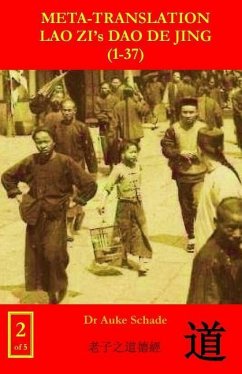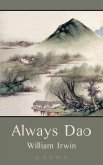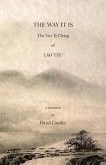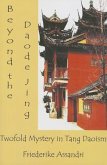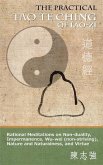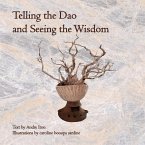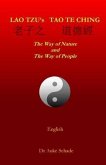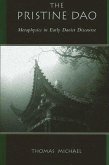The title of Lao Zi's ancient book Dao De Jing means literally-A Classic about the Way of Nature and the Way of People. Dao De Jing aims to maximize your success, which is to obtain what you seek and escape what you suffer. Success is maximized by aligning the Way of People with the Way of Nature (Schade, Stunning Revelations about Lao Zi's Dao De Jing, 2017). Despite the great efforts, previous translations of Dao De Jing do not present an adequate understanding of that mysterious manuscript. In order to take optimal advantage of the expertise accumulated in such earlier studies, this meta-translation is based on an English meta-analysis and a Chinese meta-analysis. The English meta-analysis is based on the following English translations- (Chan Wing-Tsit, 1988); (Cheng Gia-Fu and English, J, 1972); (Henricks, 1993); (Land, 1990); (Lau, 1985); (Lin, J. P., 1977); (Man-ho Kwok; Palmer, M.; & Ramsay, J., 1997); (Waley, 1968); and (Wing, 1986). The Chinese meta-analysis is based on the following Chinese versions of Dao De Jing- (Wang Bi, 226-249 AD); (He-Shang Gong, 179-157 BC); (Fu Yi, 555-639 AD); (Mawangdui-A, 200 BC); (Mawangdui-B, 200 BC); and (Guodian, 300 BC). This meta-translation of Dao (Chapters 1-37) is based on a special dictionary (Schade, Dictionary Lao Zi's Dao De Jing, 2018), while it is the foundation for (Schade, Lao Zi's Dao De Jing Demystified, 2017). Free PDF copies @ http: //nemonik-thinking.org/books.html
Hinweis: Dieser Artikel kann nur an eine deutsche Lieferadresse ausgeliefert werden.
Hinweis: Dieser Artikel kann nur an eine deutsche Lieferadresse ausgeliefert werden.

